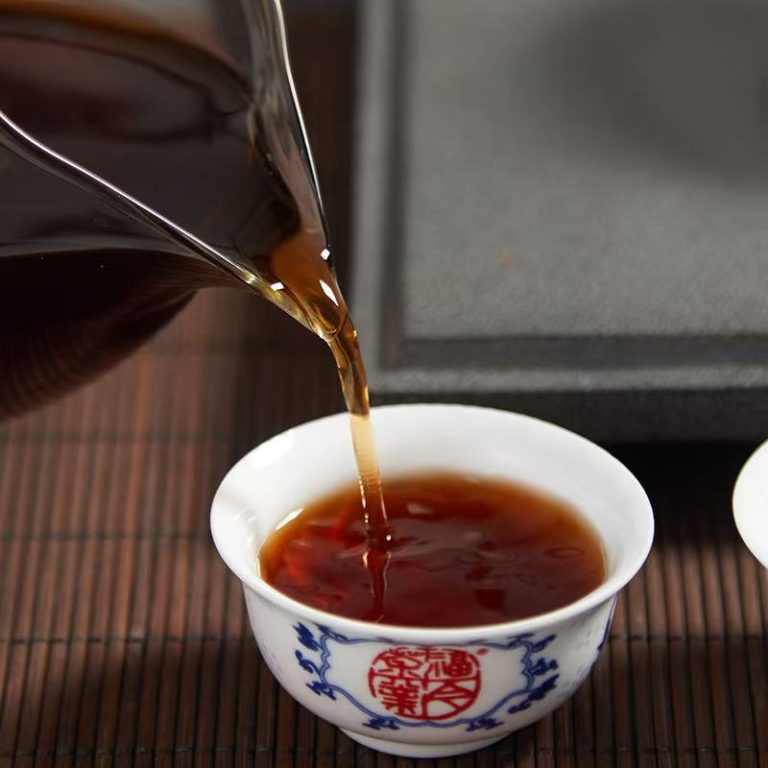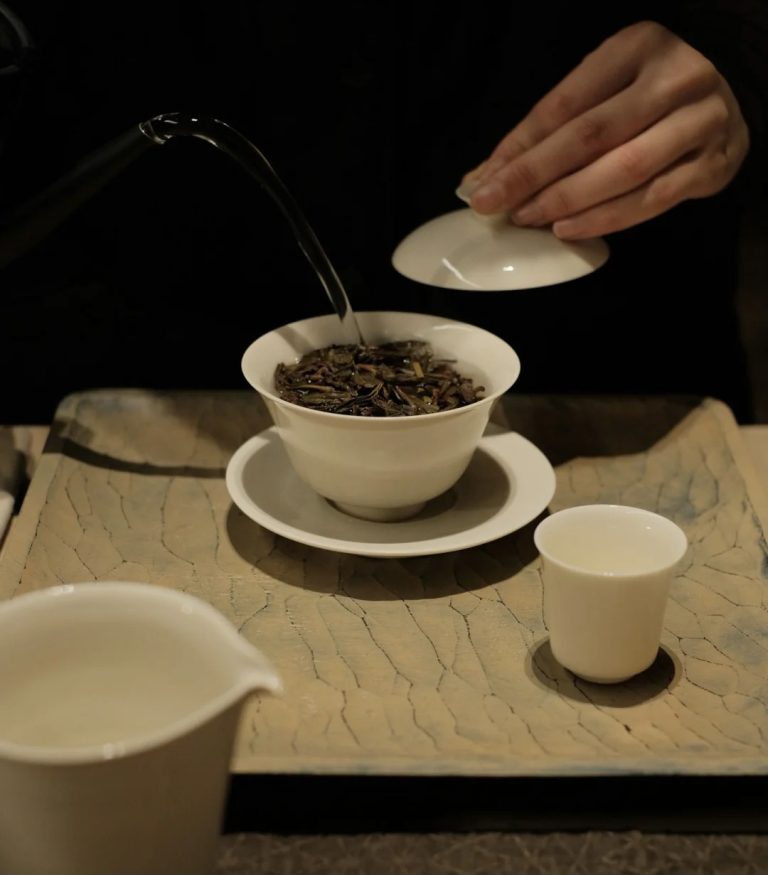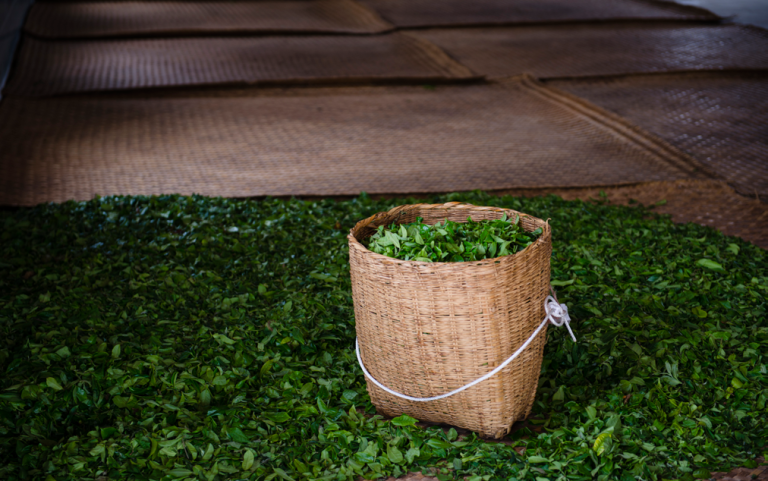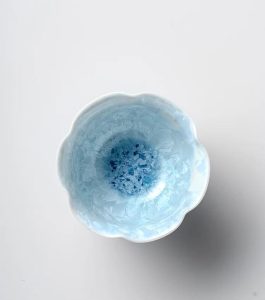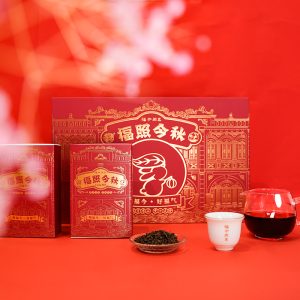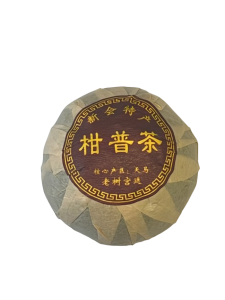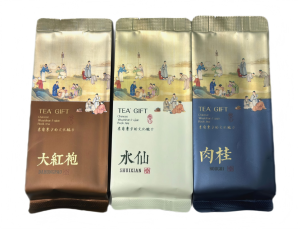
Pu erh tea, a time-honored Chinese fermented tea, is celebrated for its unique taste and health benefits. One crucial factor in unlocking the full potential of pu erh tea is the brewing temperature. In this guide, we’ll explore how different temperatures can significantly alter the flavor profile of this ancient beverage.
The Role of Temperature in Brewing Pu Erh Tea:
Raw Pu Erh Tea(Sheng Pu Erh Tea):
- Lower Temperatures: Brew raw pu erh with slightly cooler water, around 85°C-95°C, to prevent the extraction of excessive bitter components. This temperature range helps retain the tea’s freshness and sweetness.
- Higher Temperatures: For aged raw pu erh, near-boiling water (95°C-100°C) is recommended to better extract the tea’s aroma and flavor.
Ripe Pu Erh Tea(Shou Pu Erh Tea):
- Higher Temperatures: Ripe pu erh typically requires near-boiling water (95°C-100°C) to draw out its rich, mellow taste and sweet aroma.
- Lower Temperatures: Using water that’s too cool may fail to extract the full flavor of ripe pu erh, resulting in a bland taste.
New vs Aged Pu Erh:
- New Tea: Newly made pu erh, whether raw or ripe, benefits from slightly lower brewing temperatures to prevent the release of too many bitter components.
- Aged Tea: Aged pu erh, especially those stored for many years, can be brewed at higher temperatures, as the natural aging process reduces bitterness, allowing deeper flavors to be extracted.
Tea Tenderness:
- High Tenderness: For pu erh with a high level of tenderness, using very hot water can cause nutrients and aromas to dissipate quickly, so a slightly lower temperature is advised.
- Low Tenderness: Coarser leaves can handle higher temperatures, which help to extract the tea’s full essence.
Brewing pu erh tea at the right temperature is an art that can significantly enhance your tea-drinking experience. Experimenting with different temperatures allows you to tailor the flavor to your taste. Whether you’re a pu erh connoisseur or a newcomer, understanding the impact of brewing temperature is key to enjoying the rich, complex flavors of this storied tea. So, adjust your kettle’s heat, and let the flavors of pu erh tea unfold with every sip.

